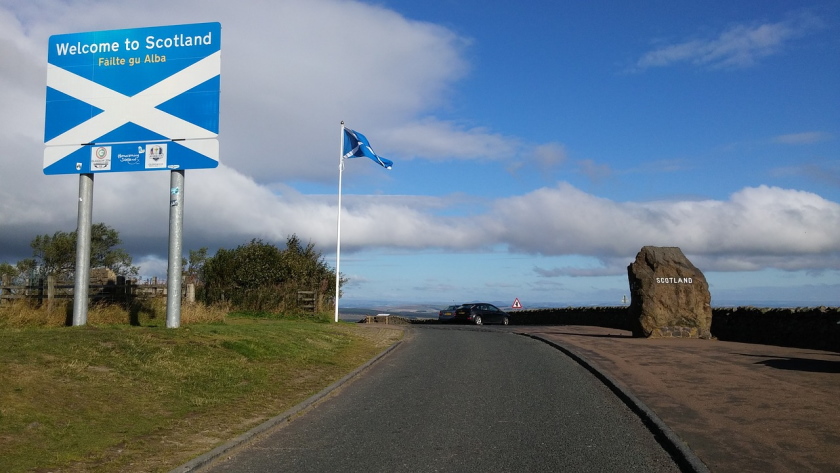Scotland backs two myeloma drugs turned down by NICE in England

A north-south divide threatens to emerge in multiple myeloma in the UK, after the Scottish Medicines Consortium (SMC) backed NHS use of two drugs previously turned down by NICE in England.
The SMC has accepted use by NHS Scotland of Bristol-Myers Squibb’s Revlimid (lenalidomide) and Amgen’s Kyprolis (carfilzomib) as first- and second-line therapies respectively for myeloma, a form of blood cancer.
Revlimid has been backed for use as maintenance treatment for newly-diagnosed myeloma patients who are eligible for high-dose therapy and a stem cell transplant (HDT-SCT), who number around 1,400 patients across the UK each year.
Meanwhile Kyprolis has a green light as a ‘triplet’ combination with Revlimid and dexamethasone in patients to treat “first relapse” patients who have had one prior treatment.
The two drugs are still going through the appraisal process at NICE and could still be approved for use by NHS England, but were rejected in draft guidance issued last month.
NICE concluded that Revlimid extends life and remission time compared with monitoring alone in patients undergoing HDT-SCT for myeloma, but it wasn’t persuaded by long-term economic projections for the treatment.
For Kyprolis, the agency again said uncertainty about the long-term impact of the triplet made the cost effectiveness estimates unclear.
Patient organisation Myeloma UK – which previously described the NICE verdicts as “deeply disappointing” – said the decisions by the SMC are “terrific news for patients in Scotland.”
They came about because the SMC “confirmed that – because myeloma is a rare condition – they had been more flexible in making their decision,” according to Laura Kerby, the charity’s chief executive.
The case for the two drugs was put forward at a Patient and Clinician Engagement meeting (PACE) , which was used to explain what access to these treatments really means for patients, covering issues that might not be fully captured in clinical and economic data, she added.
“Both the manufacturers…applied a confidential discount to the cost of the medicine which made it more cost-effective,” said Kerby.
NICE took public comments on the Kyprolis draft until t13 October and on Revlimid until 29 September, and is due to convene second appraisal meetings in the coming months.












